
Through its flagship Galaxy solution, Gateway unifies ticketing, retail, memberships, CRM, access control and reporting into a single operational backbone.
This integration is essential for zoos, aquariums, museums, and heritage sites that face the dual challenge of managing complex operations while providing seamless, digital-first experiences that modern visitors expect.
We speak with key stakeholders from three leading destinations across North America: Fort Worth Zoo, Johnny Morris’ Wonders of Wildlife, and the Old Port of Montréal, to understand how longstanding partnerships and new implementations of the Galaxy system are shaping the future of the guest experience.
A long-term relationship
Few institutions can provide as clear an insight into the evolution of attraction technology as the Fort Worth Zoo in Fort Worth, Texas. A Gateway client since 1997, the zoo has transitioned from physical coupons to sophisticated digital commerce, supported by its technology partner.
José Espinosa, manager of admissions, guest relations, and member services at Fort Worth Zoo, reflects on the platform's development alongside the zoo’s expansion.
“For us, Galaxy originally started and was implemented at the park as a ticketing solution. However, as the company extended the features and functionality of the software, our business continued to implement them across the park and expand the functionalities that we were using.”
 Fort Worth Zoo
Fort Worth Zoo
The course of this partnership reflects the wider history of the industry’s technological adoption.
“We started with ticketing, then we moved into retail, food and beverage. We eventually also went into access control with Galaxy, because in the early 90s, we were still using little coupons that you would tear, and that’s how we counted admissions.”
Today, the zoo uses Galaxy 8 for POS ticketing, memberships, group sales, resource management, and a comprehensive web store. For the operations team, the value is in simplicity and consistency.
“We use it for everything, so it’s very integrated,” says Espinosa. “When it comes time to train somebody new, we just have one platform. It makes it much easier. One of the features I use daily is the ability to go to any terminal in the park and access reports on ticket sales, admissions, food and beverage numbers.
“Being able to access that information from anywhere in the park has been very good for us.”
Staying ahead of the changes
Although the Fort Worth Zoo gradually adopted technology over the decades, the COVID-19 pandemic triggered an immediate and significant acceleration. The crisis emphasised the agility of the Galaxy platform and Gateway's capacity to support its partners through unprecedented operational shifts.
Before 2020, online sales accounted for a small part of the zoo’s revenue. However, the pandemic fundamentally changed both visitor behaviour and operational needs.
“In March 2020, we were faced with what to do moving forward,” Espinosa says. “Before COVID, the web store accounted for about three to five percent of our ticket sales. We were forced to go 100% online when we shut down.”
This shift demanded an upgrade to the payment infrastructure and guest interactions.
“Gateway worked together with their customers to develop new tools to help deal with the new norm. Here in the US, we didn’t do many contactless payments before COVID. Apple Pay and Google Pay weren’t very popular. Then all of a sudden, they were.
“Gateway created webinars and developed tools to help us make that transition as easy as possible. Those are some of the things we benefited from.”
DJ Girault, the zoo’s IT director, notes that the transformation of their e-commerce capabilities was striking.
“Before COVID, the web store wasn’t really an e-commerce store. It was a point-of-sale system that sold tickets online. When COVID hit, they took leaps and bounds, which made a huge difference in the e-commerce aspect of our operation.”
The behaviours adopted during the pandemic have established a new baseline for the zoo's operations.
“Now web ticket sales are in the upper 30s to mid-40% range annually,” says Espinosa. “During peak times like spring break, web sales jump to well over 70%.”
He attributes this shift largely to the expanded functionality that Gateway implemented within Galaxy.
Orchestrating the guest experience with Gateway
Johnny Morris’ Wonders of Wildlife National Museum & Aquarium in Springfield, Missouri, a world-class conservation attraction that immerses visitors in nature, has been a Gateway customer for six years, utilising the full suite of CRM, reporting tools, POS, and Galaxy Connect to unify operations.
Jaymz Thomasson, senior IT manager at Wonders of Wildlife, describes the system as an "orchestrator" of the guest experience.
“It’s one platform with many touch points; we have everything all in one system. This unity allows us to orchestrate the story-driven experience.”
 Johnny Morris’ Wonders of Wildlife© 2020 Starboard and Port LLC
Johnny Morris’ Wonders of Wildlife© 2020 Starboard and Port LLC
For high-volume attractions, speed and reliability are non-negotiable. Thomasson highlights that the Galaxy system's robustness is essential for handling their visitor numbers without friction.
“Regarding the behind-the-scenes operations, Gateway’s best quality is the high level of performance. It’s all about how seamlessly we’re able to get guests in and out of our attractions. With Gateway, we really don’t see a slowdown,” he says.
“On average, we scan anywhere up to 10,000 tickets a day, and don’t see any operational slowdown because of that. In our old point-of-sale system, we had quite a few problems with timely scanning. But with Galaxy, we haven’t encountered this issue.”
Meeting complex requirements
Wonders of Wildlife also faces complex operational challenges due to its diverse product range, including general admission, multi-day tours, encounters, and sister conservation attraction properties under the same organisation.
“Those all demand a very flexible point of sale. Without the ability to do all those, we’d have to reduce our product offering. Thanks to Galaxy, we haven’t had to do that.”
The adoption of Galaxy 8 has further streamlined these complex operations through an improved user interface, which has direct benefits for staff training and accuracy.
 Johnny Morris’ Wonders of Wildlife
Johnny Morris’ Wonders of Wildlife
“With Galaxy 8, their UI is fluent. We can train people much more quickly. We’re seeing a lot of complete accuracy at the point of sale and admissions,” says Thomasson. “This is critical when we start ramping up for our busier seasons.
“Essentially, there’s less screen hunting, and we’re right back to looking at the tasks in front of us.”
Optimising operations
While Fort Worth and Wonders of Wildlife exemplify long-standing relationships, the Old Port of Montréal represents the new wave of Gateway customers.
As a historic district attracting millions of visitors, the Old Port made a significant transition to Galaxy in 2025, replacing a legacy system that could no longer meet modern demands.
Flore Bouchon, public relations manager at the Old Port of Montréal, explains that the shift was driven by the need to optimise operations and support growth:
“The transition to Galaxy was essential to deliver a high-quality experience for our visitors. Our previous system was too manual and no longer met our needs. We now have an integrated platform that simplifies online management and optimises operations.
“This change allows us to continue offering a seamless experience at the heart of an iconic destination like the Old Port of Montréal and the Montréal Science Centre.”

A key factor in this decision was its alignment with the CN Tower, its sister property, which was already successfully leveraging Galaxy 8.
“Alignment with the CN Tower provides valuable operational consistency,” Bouchon says. “By sharing the same platform, we can rely on their expertise when needed and harmonise our practices, particularly in POS auditing.
“This standardisation strengthens processes across IT, event management, and finance, while reinforcing our position as one of Canada’s premier destinations.”
A modern solution from Gateway
The implementation at the Old Port is thorough, covering ticketing, membership, group sales, and event capacity management. Despite the scale of the change, the aim is to improve efficiency without disrupting visitors' connection to the historic site.
“This large integration does not really change the operations, but it streamlines the process for efficiency,” says Bouchon.
“Our teams now have centralised tools that reduce complexity, improve workflow, and allow us to focus on what matters most: delivering a high-quality experience for visitors to the Old Port, a must-see destination in Montreal, including the Montréal Science Centre.”
 Montréal Science Centre
Montréal Science Centre
Critically, this modernisation reflects what today's waterfront visitors expect.
“Visitors now enjoy a simple, fast, and flexible online purchase process, making it easier to access activities. With online sales steadily growing, this evolution positions us at the forefront of digital expectations and enhances the on-site experience.
“The Old Port and the Montréal Science Centre remain a landmark where modernity and authenticity meet.”
Data-driven decision making
A recurring theme across all three venues is the importance of data. By integrating ticketing, retail, and membership into one system, Gateway provides a "single source of truth" that enables venues to make well-informed operational and marketing decisions.
In an industry where margins are tight and visitor expectations are rising, this level of visibility is increasingly becoming a competitive differentiator.
At the Fort Worth Zoo, data transparency fosters staff confidence. “As far as having that one main source of data, people are confident in what they see,” says Jesse Foy, cash control manager.
“They’re not worried about something filtering out or going missing. It inspires confidence when they’re using reports to make decisions.”
 Fort Worth Zoo
Fort Worth Zoo
Foy also praises the flexibility of the reporting tools, specifically Reporting Plus and the integration with Microsoft Power BI.
“Reporting Plus is very powerful. It’s as good as your people are. For most of our staff, the canned reports are super helpful. If someone wants a quick look at how many of a specific item we sold on a particular day, it’s fast. It’s updated every 30 minutes for us.
“If marketing needs something more visual, Power BI allows us to pull the same data tables and build exactly what they need.”
This data is not merely for accounting; it informs daily operations. Espinosa explains how admission data is utilised to manage staffing and forecast attendance trends, even down to specific hours of the day.
“During COVID, we had capacity limits imposed. We used admission and access control data to determine what times of day guests were coming in, and we staffed accordingly. We continue to use that today,” Espinosa says.
Helping customers achieve their missions
Furthermore, this data supports the zoo’s non-profit mission by providing detailed reporting for grants and education programmes.
“Our education department uses the data for field trip reporting for school districts and for grants,” Espinosa notes.
“As a nonprofit conservation facility, many grant organisations want to see what impact we’re having and whether funds are making a difference. Because Galaxy is unified, we have a consistent format and structure to these reports, and we can quickly provide that information.”
 Johnny Morris’ Wonders of Wildlife
Johnny Morris’ Wonders of Wildlife
At Wonders of Wildlife, Thomasson emphasises how the unified profile allows the attraction to understand the entire guest lifecycle.
“We get to see it from end to end,” says Thomasson. “When admissions, any membership ID or retail online item is tied to a particular guest profile, we can see everything spent per visit, visit cadence, and how often they’re coming in. It really allows us to tailor offers based on spending habits.
“That’s thanks to Galaxy CRM and the point of sale modules that integrate together.”
The power of the Gateway community
Beyond the software itself, the Gateway relationship is characterised by its strong user community. The company actively promotes interaction among its clients, nurturing a network of peer-to-peer support that Espinosa highlights as one of the partnership's key strengths:
“They host a Gateway Users Meeting every year. We get to go to those conferences, meet other facilities in the same field — zoos, amusement parks, museums — and network. If we have an issue, sometimes it’s not even Gateway who finds a solution, but another facility saying, ‘I had that issue, and this is what we did.’”
For a non-profit organisation, this access to global best practices is invaluable.
“It’s not just a company and software, but a community of users from all over the world,” Espinosa adds. “We’ve had facilities from Paris and South America at the North American meeting. As a nonprofit, I can’t afford to go to Disney or Universal just to see what they’re doing. Through Gateway, we get that exposure.
“That’s honestly one of my favourite things about working with them.”
 Fort Worth Zoo
Fort Worth Zoo
This collaborative environment also drives product development. Thomasson at Wonders of Wildlife notes that the community's shared needs often shape the roadmap for future features.
“From an IT standpoint, if someone asks for a feature that’s not currently available in Galaxy, I can take it to my customer service manager,” adds Girault of Fort Worth Zoo.
“If it’s something other attractions want too, they’ll survey others and, if there’s enough interest, move into development. The cost gets spread among multiple attractions instead of one facility bearing it alone.”
Supporting the attractions of the future
As the industry looks to the future, Gateway and its customers are already preparing for the next wave of technological innovation, including Artificial Intelligence (AI) and more integrated mobile solutions.
Thomasson views AI as mainly supportive, especially in dynamic pricing, with the move to mobile still being the main catalyst. “I don’t see AI clearly taking over. I see AI more as a tool on the side, especially for dynamic pricing.”
Thomasson also envisions a future in which paper is virtually eliminated, aligning perfectly with his facility's conservation goals. “Not many people are printing tickets anymore. Our big thing is mobile-first. Galaxy does that really well.”
 Old Port of Montréal
Old Port of Montréal
Espinosa at Fort Worth Zoo shares this enthusiasm for AI, viewing it as the key to unlocking hyper-personalised guest experiences.
“We’re already seeing discussions at UGM around AI and how to implement it into operations. I think it will allow us to provide a more individualised experience for guests.
“Right now, our website is more generic to meet everyone’s needs. In the future, using AI and the data we’ve collected, we can provide something more relevant to individual guests.”
This forward-looking approach includes using data to turn casual visitors into dedicated supporters. “We anticipate collecting more data to analyse what we can provide to turn a guest into someone who supports our mission,” Espinosa says.
“We have an app with an API for Galaxy. Members can scan QR codes around the park and earn reward points for things like a free hat. We can see what exhibits they’re visiting and at what times. That’s data we can analyse, and AI will give us more insights.”
A partnership built on trust and innovation
Whether it is a zoo navigating thirty years of growth, a conservation attraction orchestrating a complex story, or a historic port modernising its infrastructure, the common thread is Gateway Ticketing Systems.
The company’s ability to offer a robust, unified platform, paired with a culture that listens to and engages with its users, has solidified its position as an industry leader.
As attractions plan for the future, the combination of Galaxy’s reliable backbone and its flexibility to emerging trends such as AI and mobile-first access ensures venues can spend less time on systems management and more on mission delivery — whether that is conservation, education, storytelling, or cultural preservation.
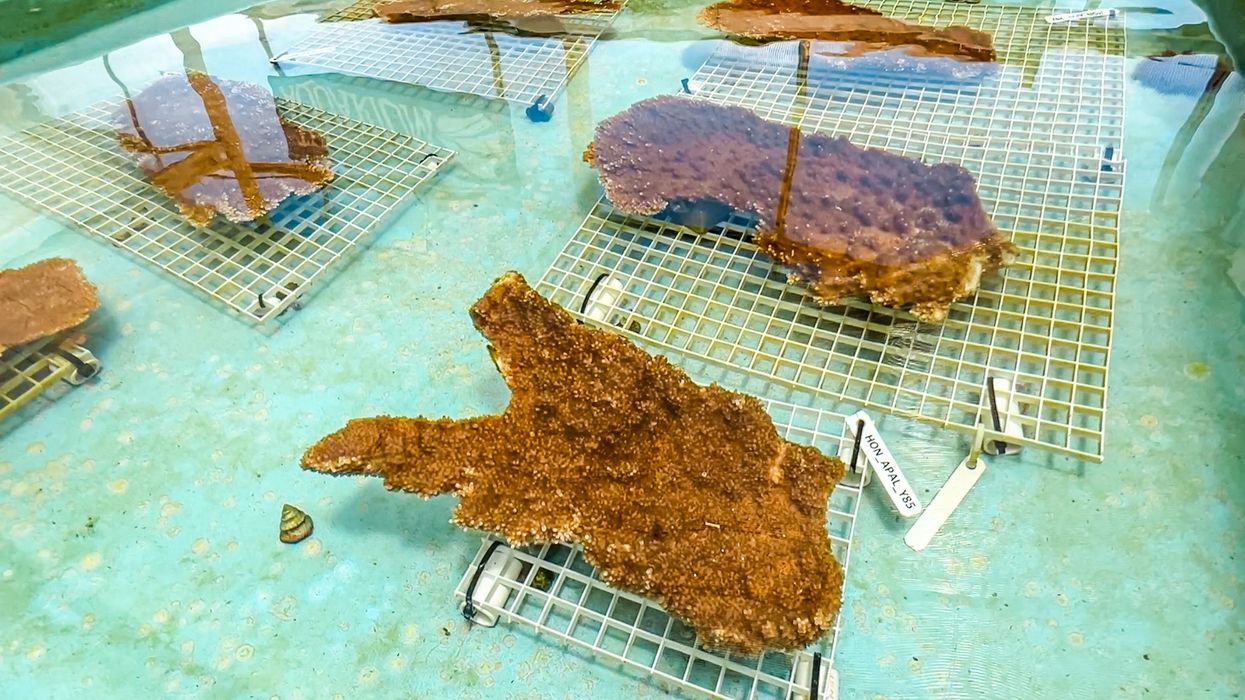

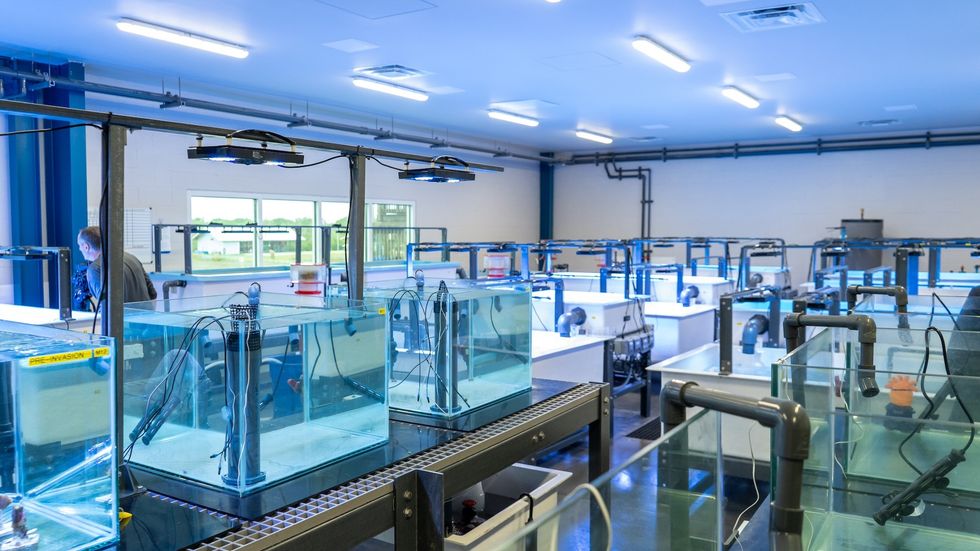
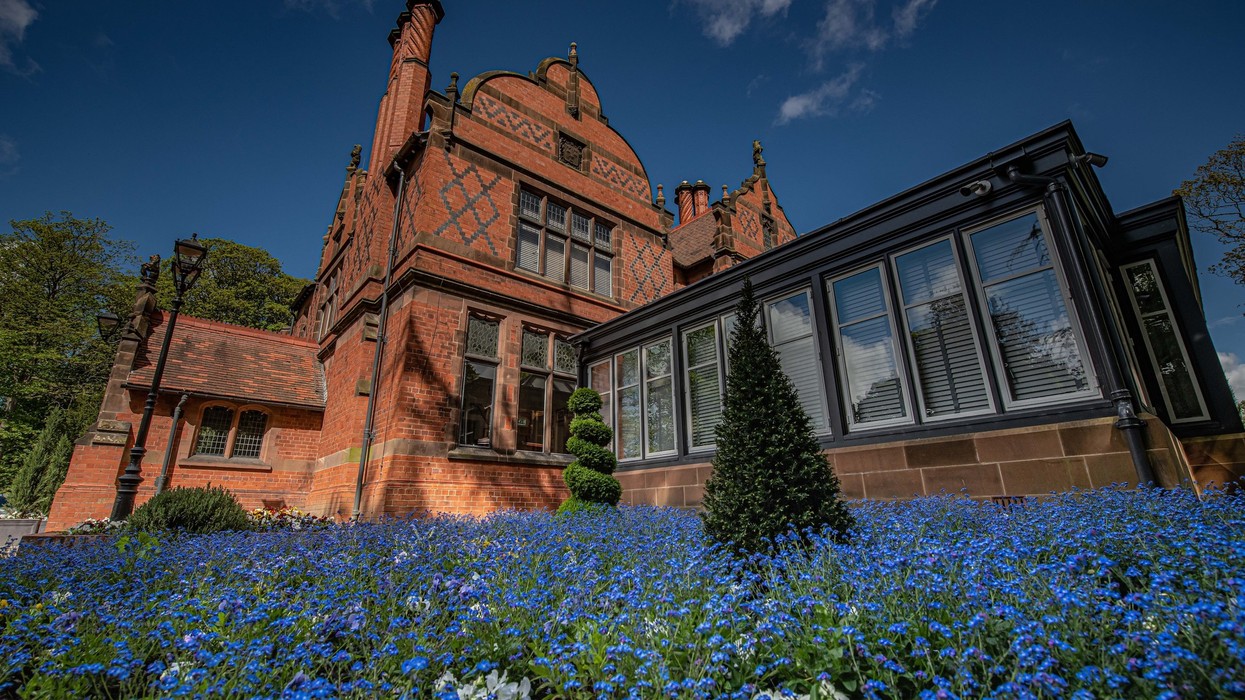
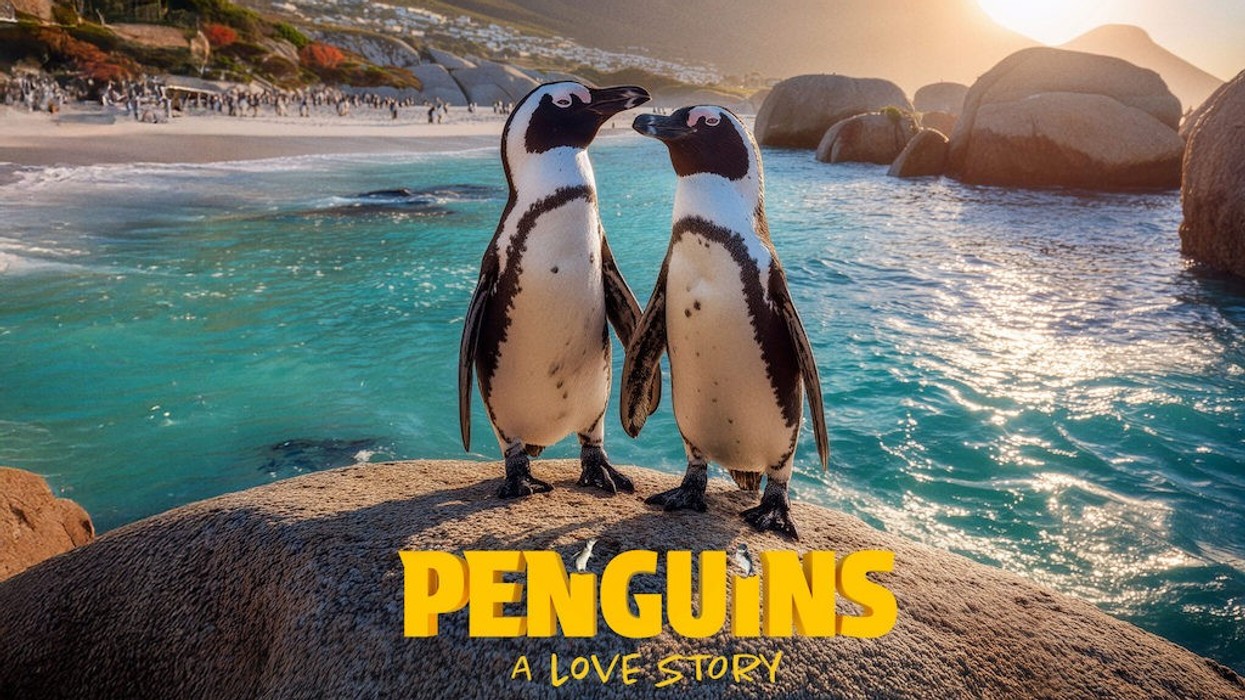
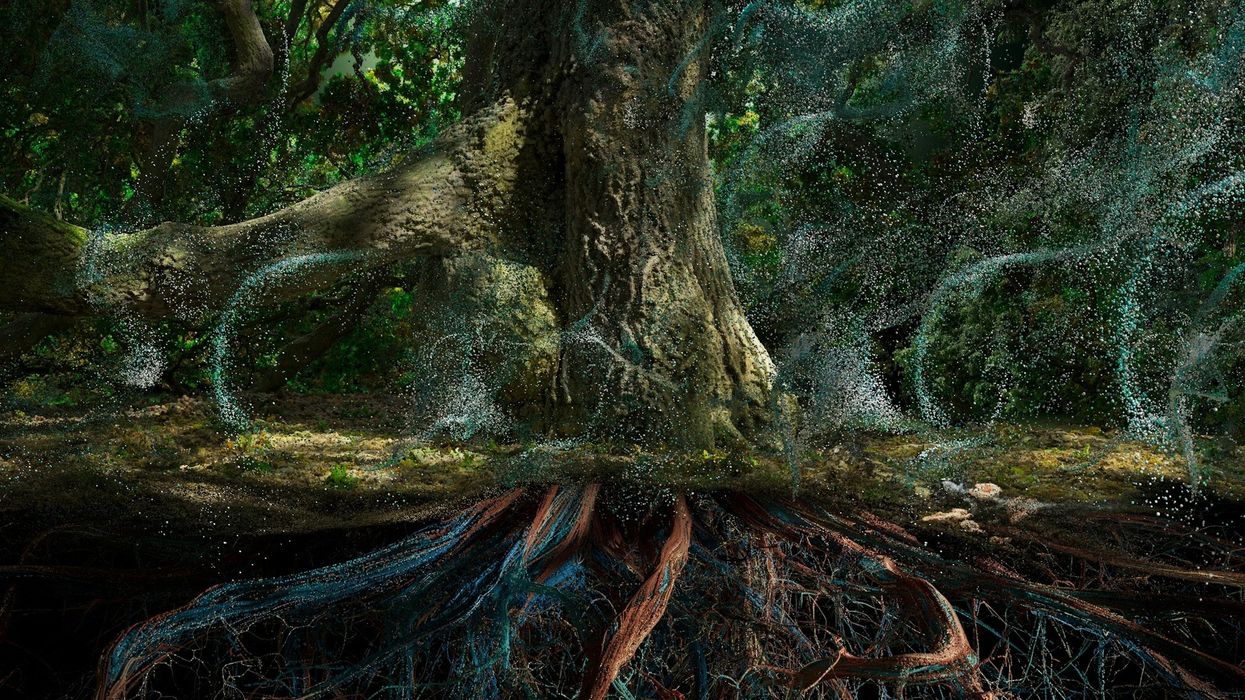
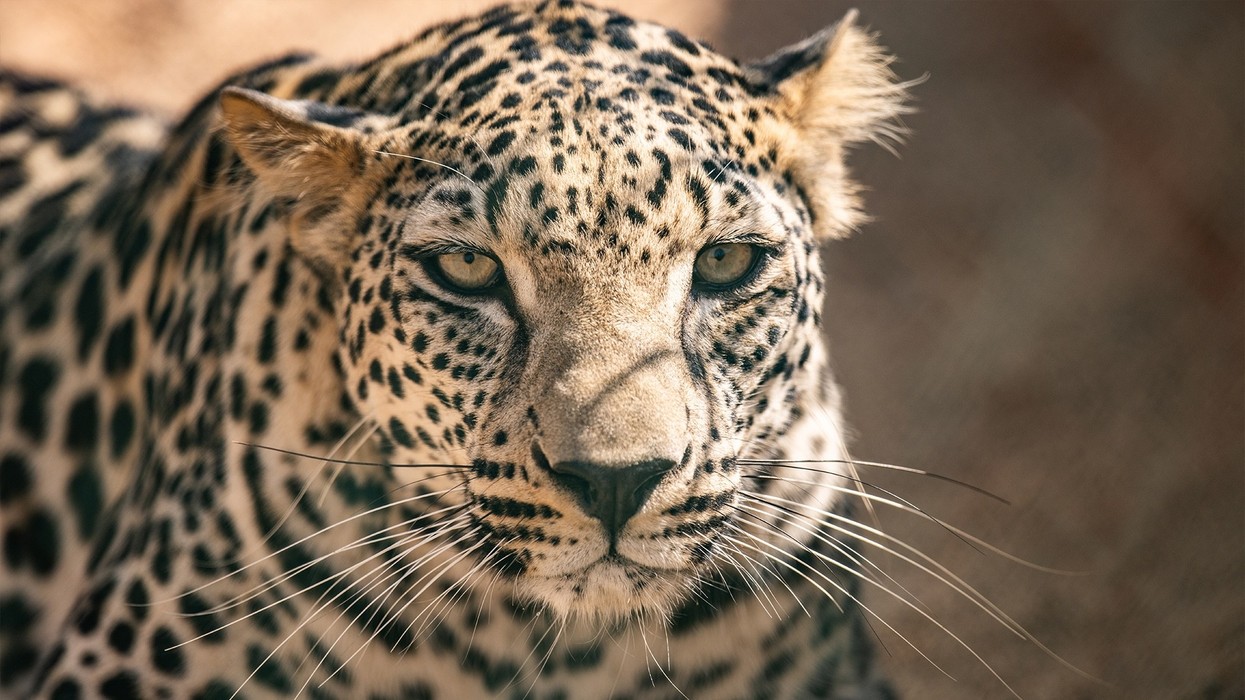
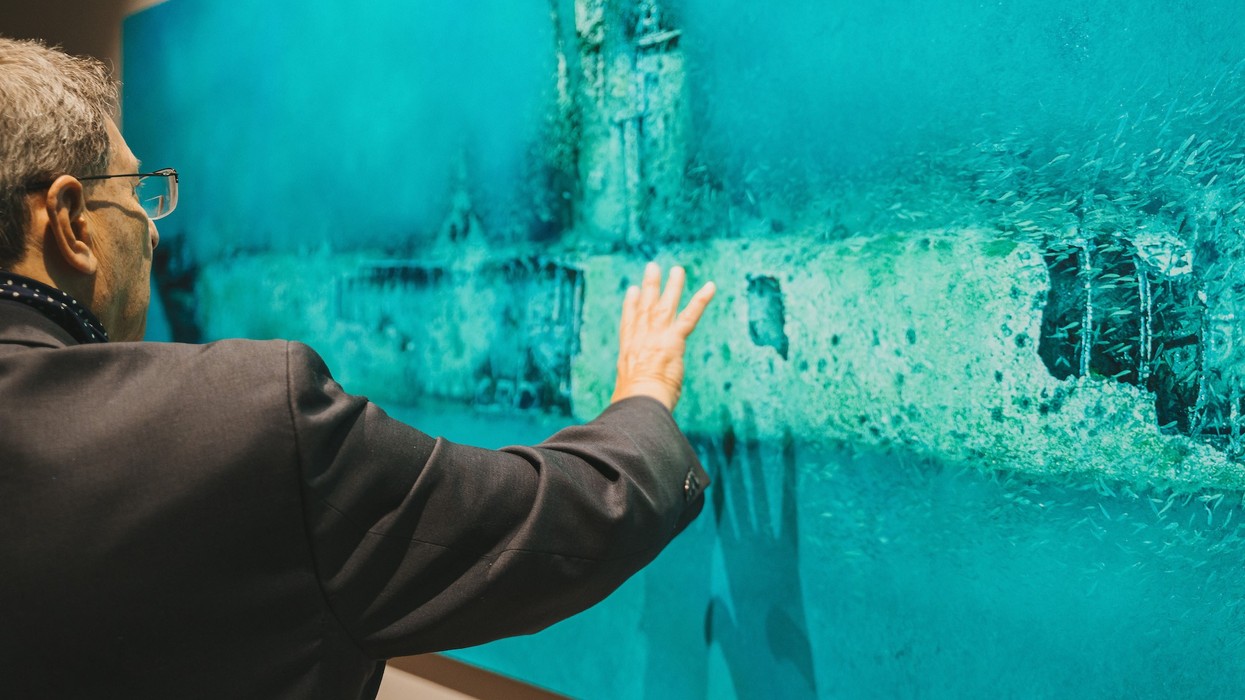
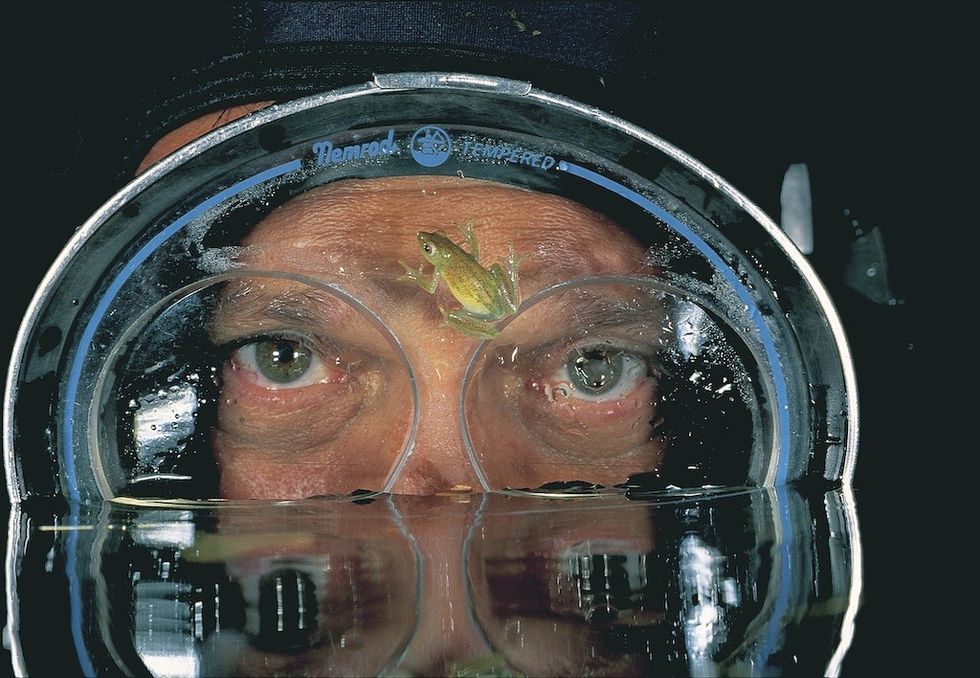 David Doubilet on assignment Okavango DeltaImage credit Jen Hayes
David Doubilet on assignment Okavango DeltaImage credit Jen Hayes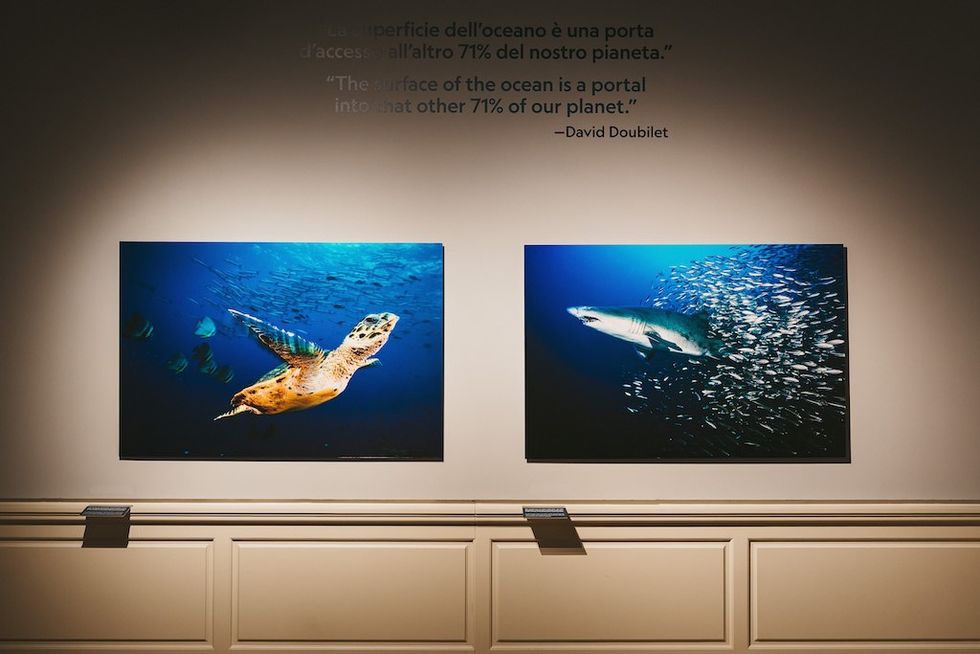 Image credit Stefano Casati
Image credit Stefano Casati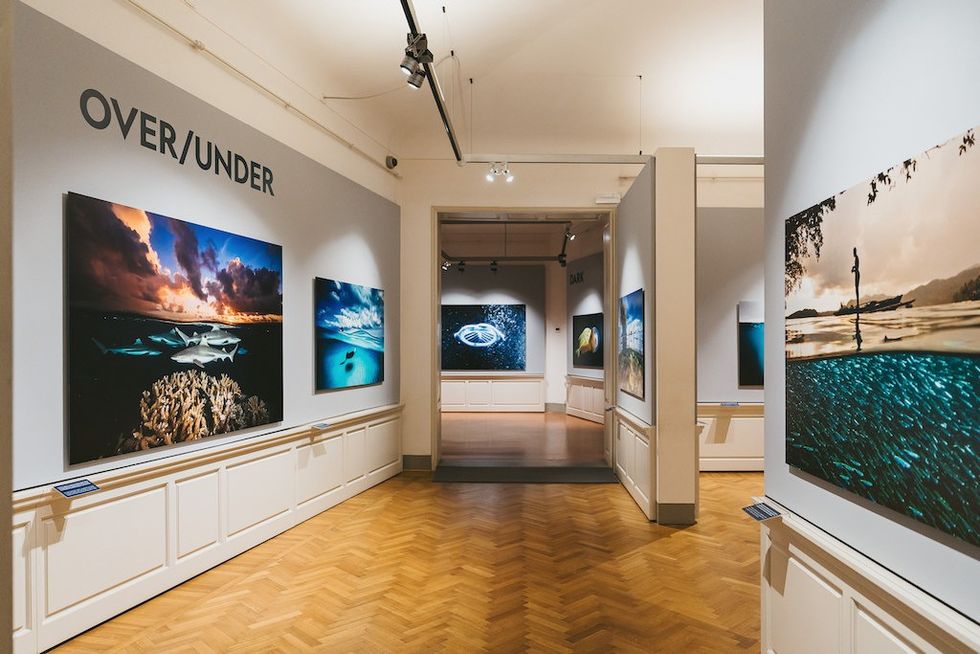 Image credit Stefano Casati
Image credit Stefano Casati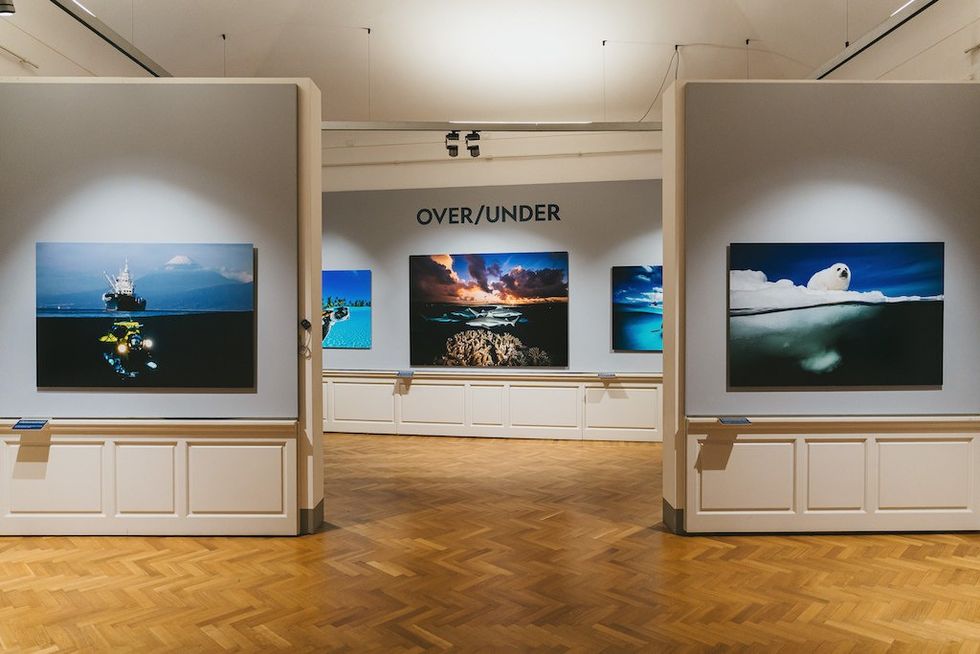 Image credit Stefano Casati
Image credit Stefano Casati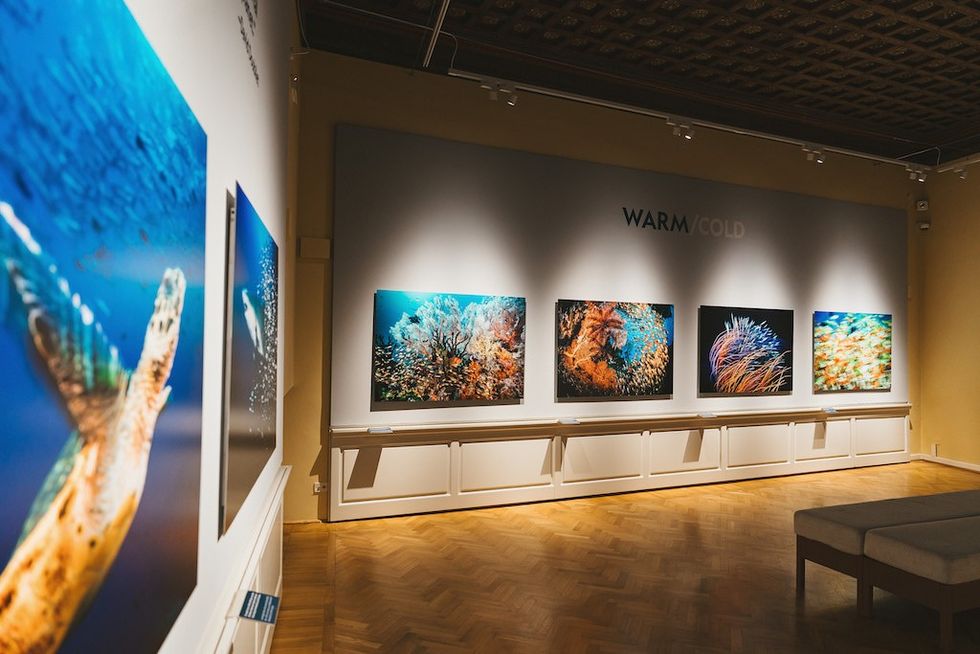 Image credit Stefano Casati
Image credit Stefano Casati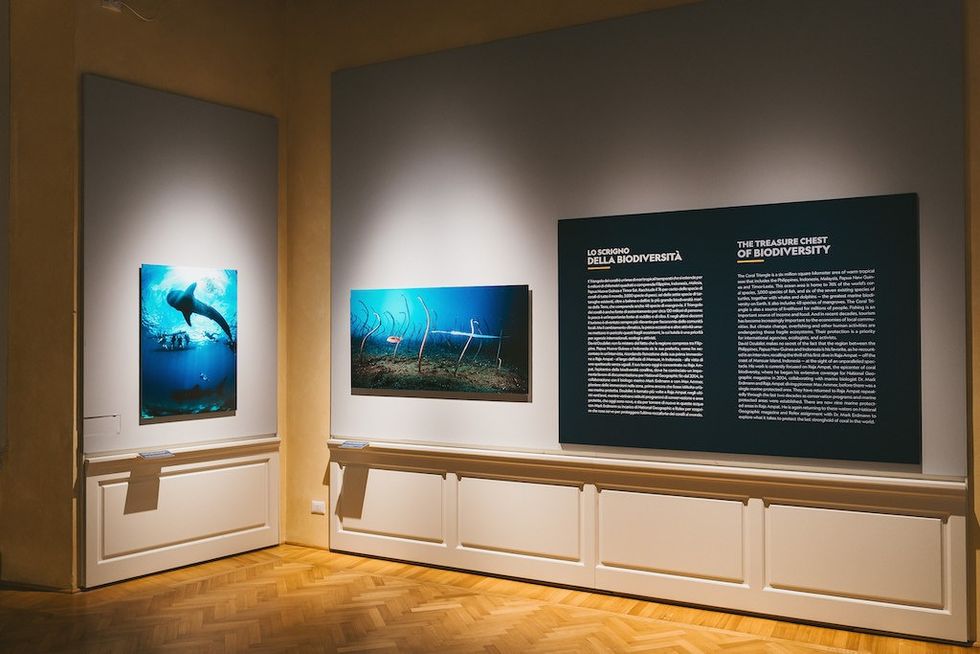 Image credit Stefano Casati
Image credit Stefano Casati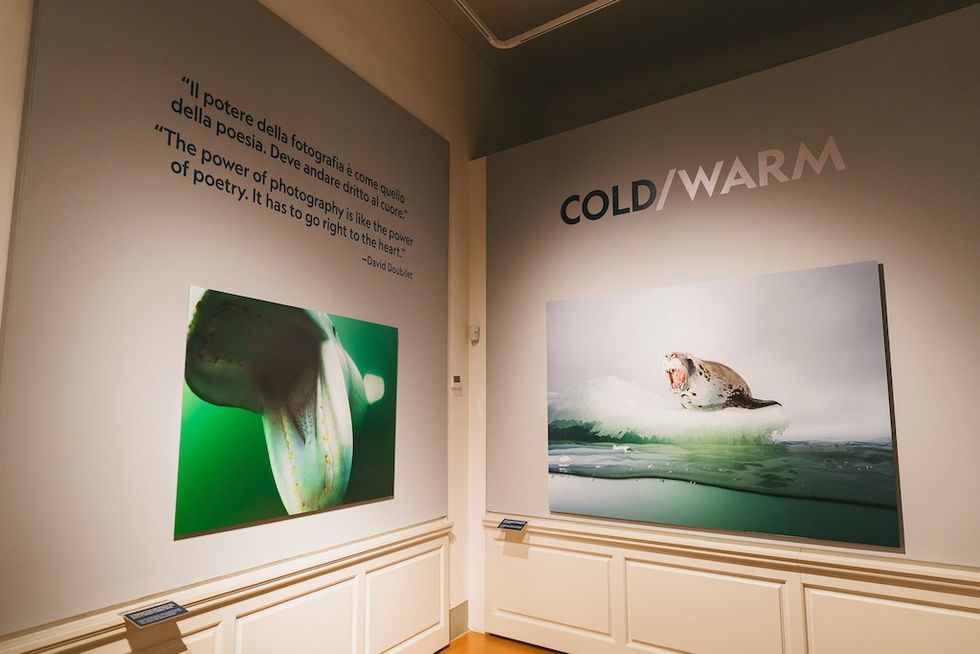 Image credit Stefano Casati
Image credit Stefano Casati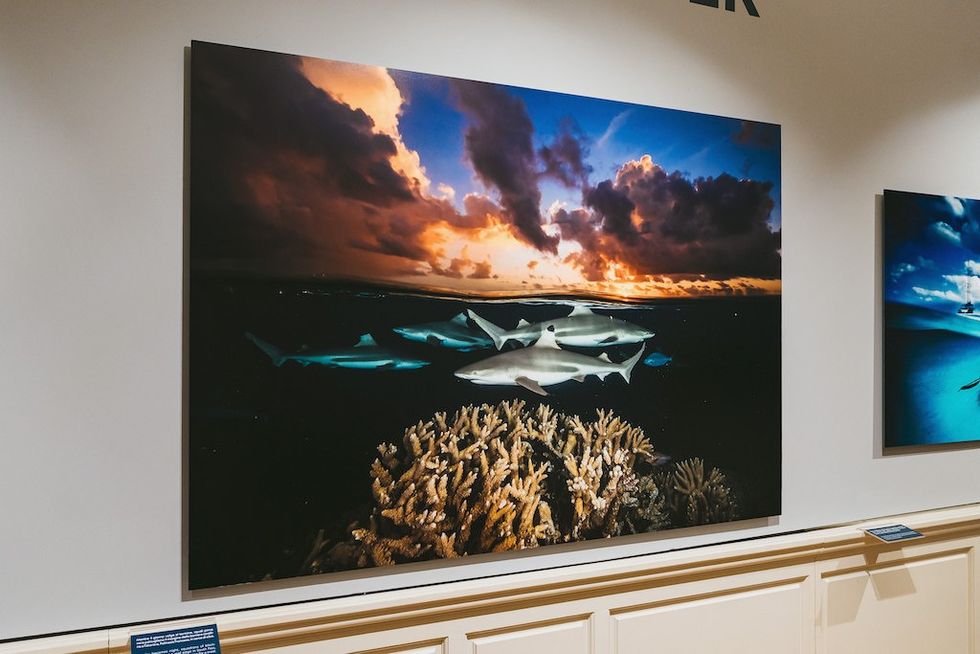 Image credit Stefano Casati
Image credit Stefano Casati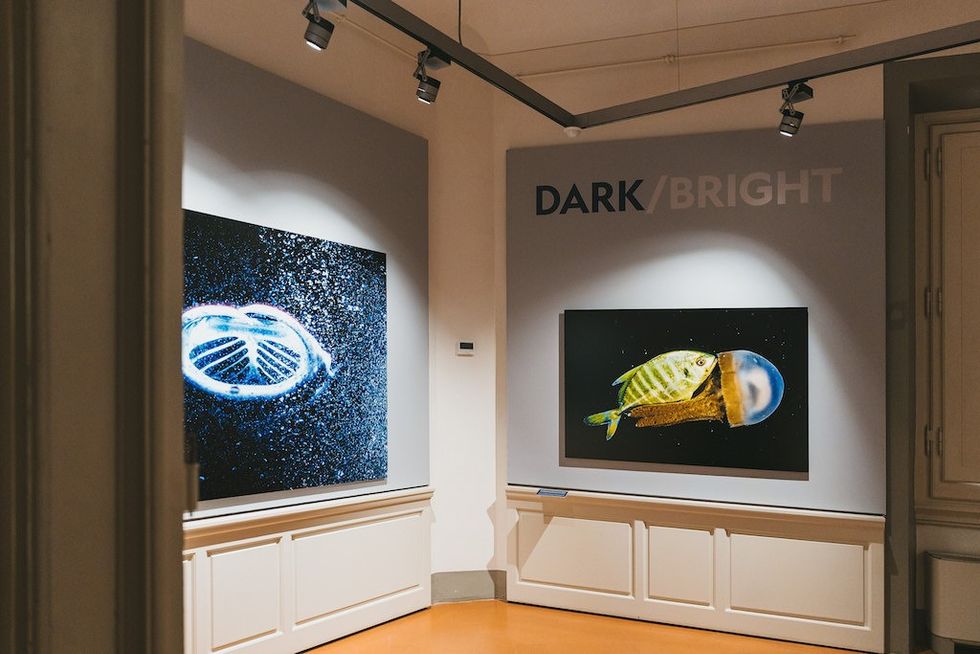 Image credit Stefano Casati
Image credit Stefano Casati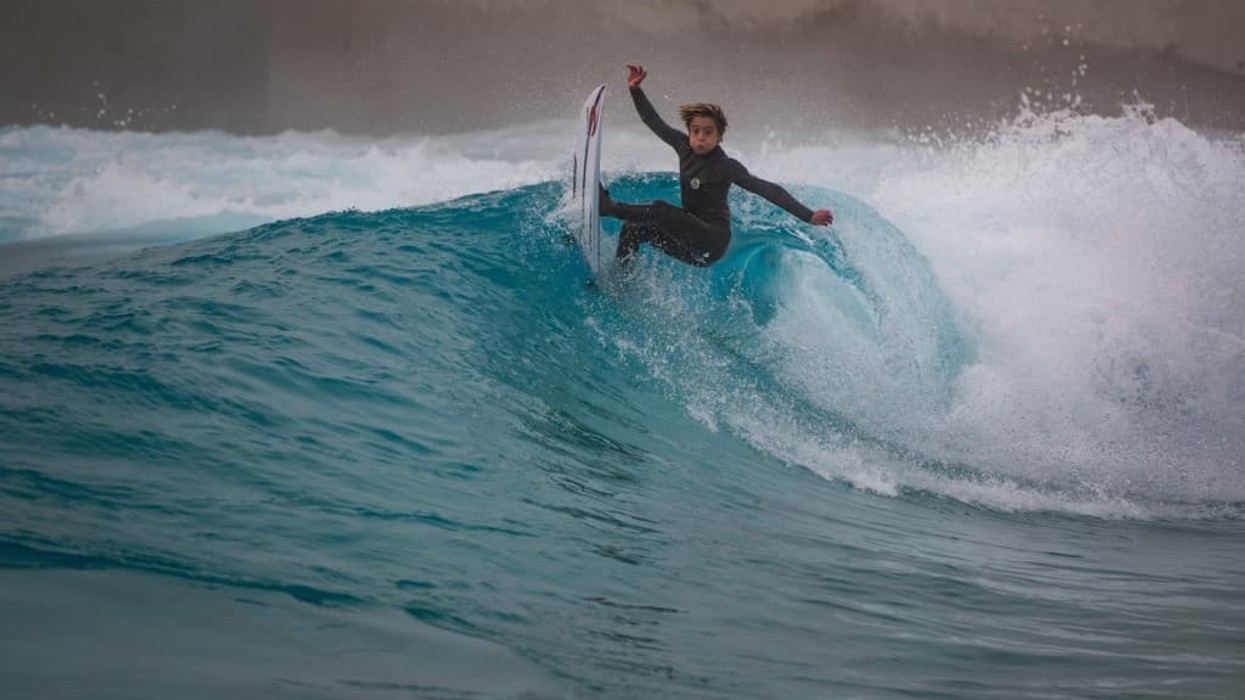

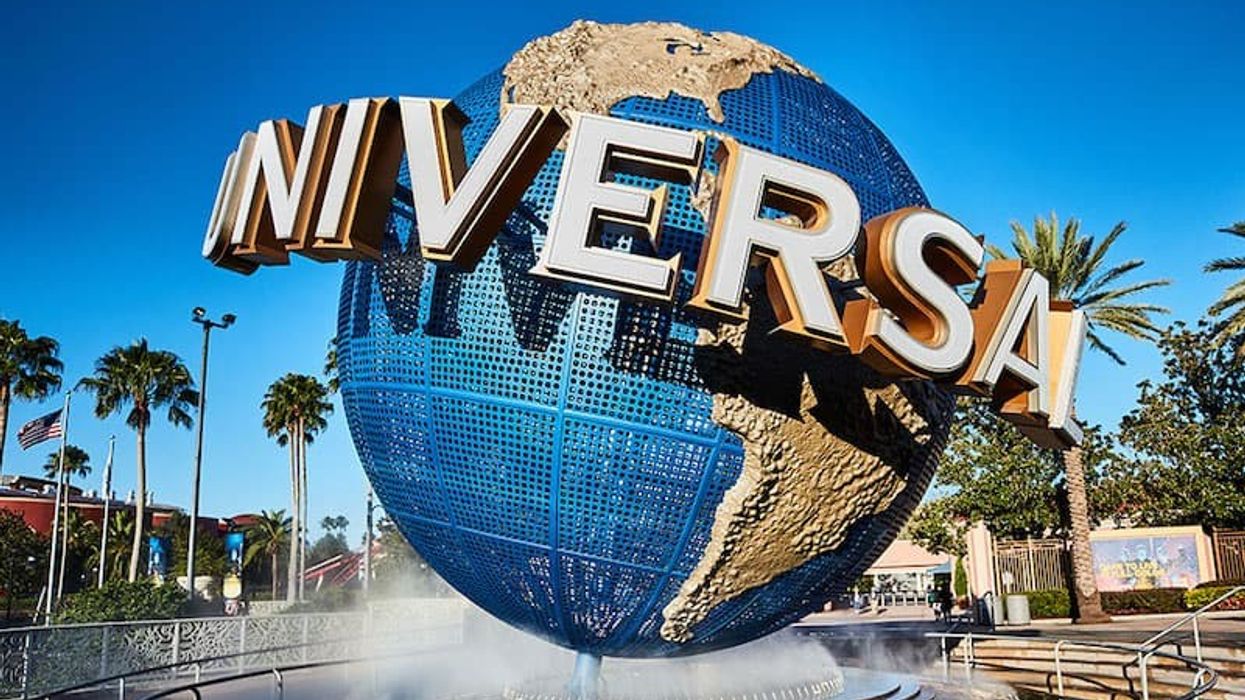



 Immotion CEO Rod Findley and VP of Content Ken Musen celebrating their Lumiere win at the 16th Annual Lumiere Awards, held on 9 February at the iconic Beverly Hills Hotel.
Immotion CEO Rod Findley and VP of Content Ken Musen celebrating their Lumiere win at the 16th Annual Lumiere Awards, held on 9 February at the iconic Beverly Hills Hotel.

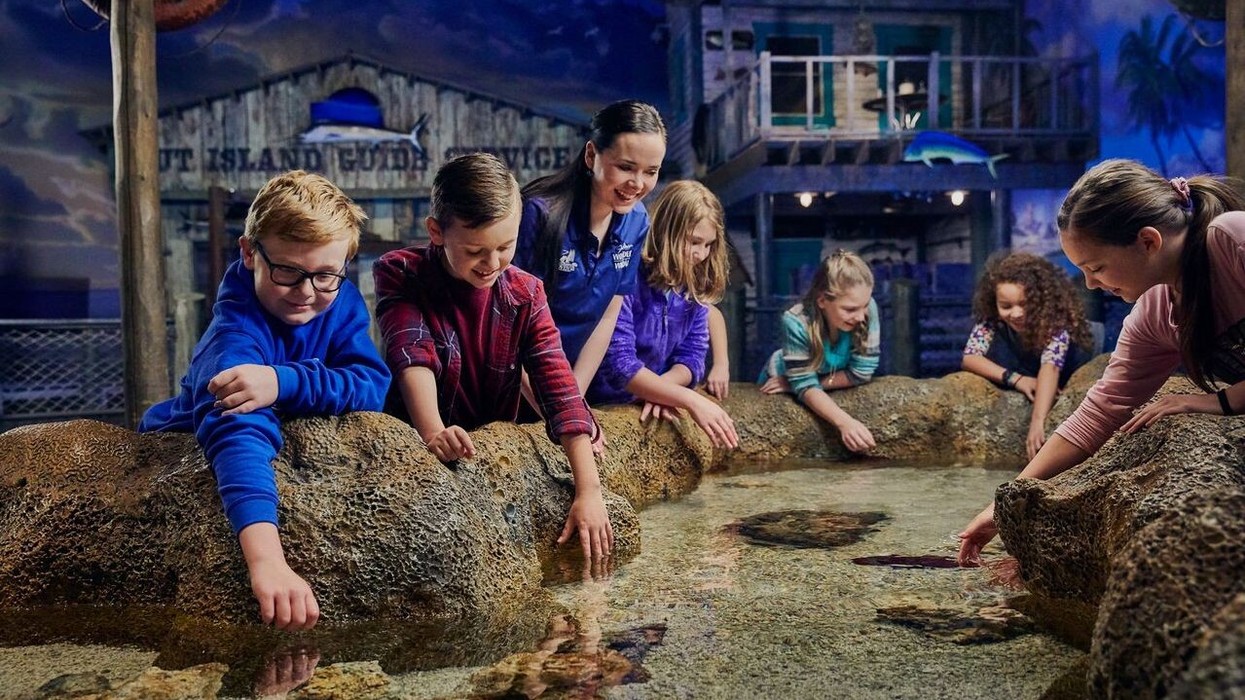
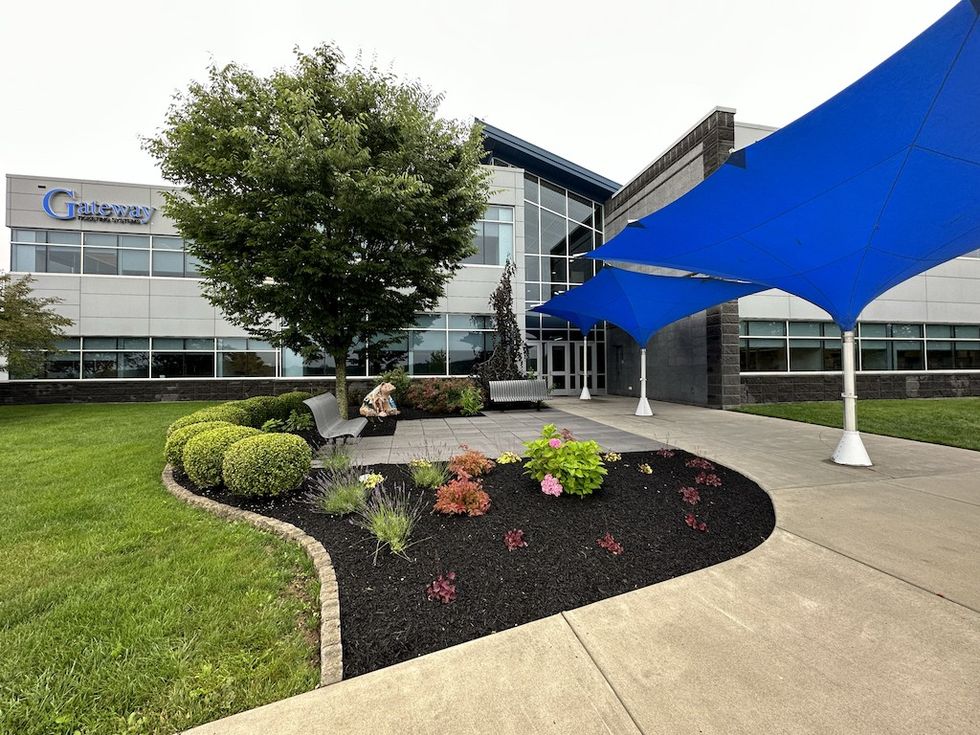
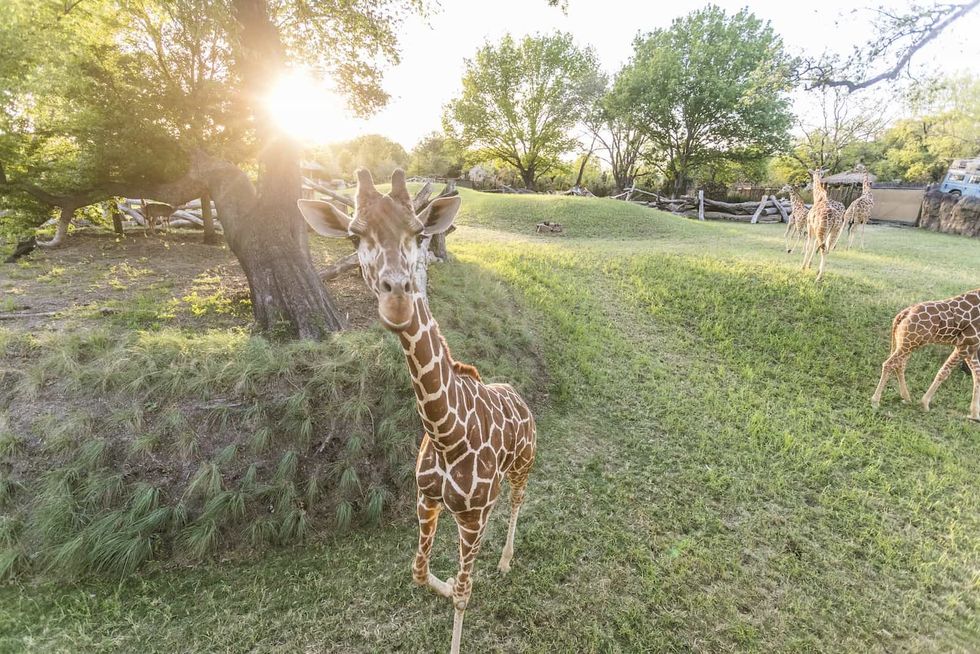 Fort Worth Zoo
Fort Worth Zoo 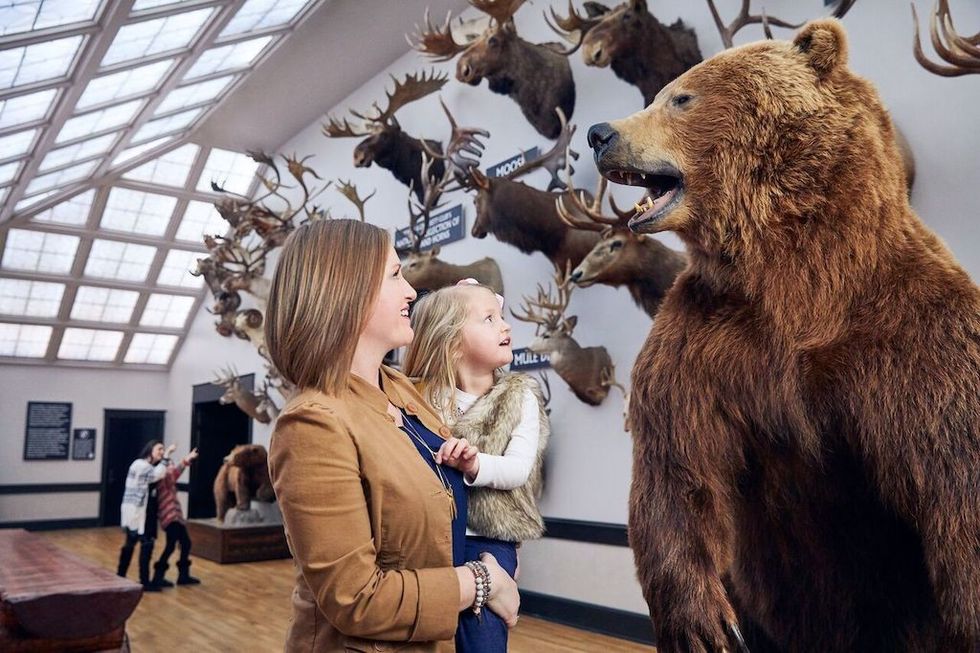 Johnny Morris’ Wonders of Wildlife© 2020 Starboard and Port LLC
Johnny Morris’ Wonders of Wildlife© 2020 Starboard and Port LLC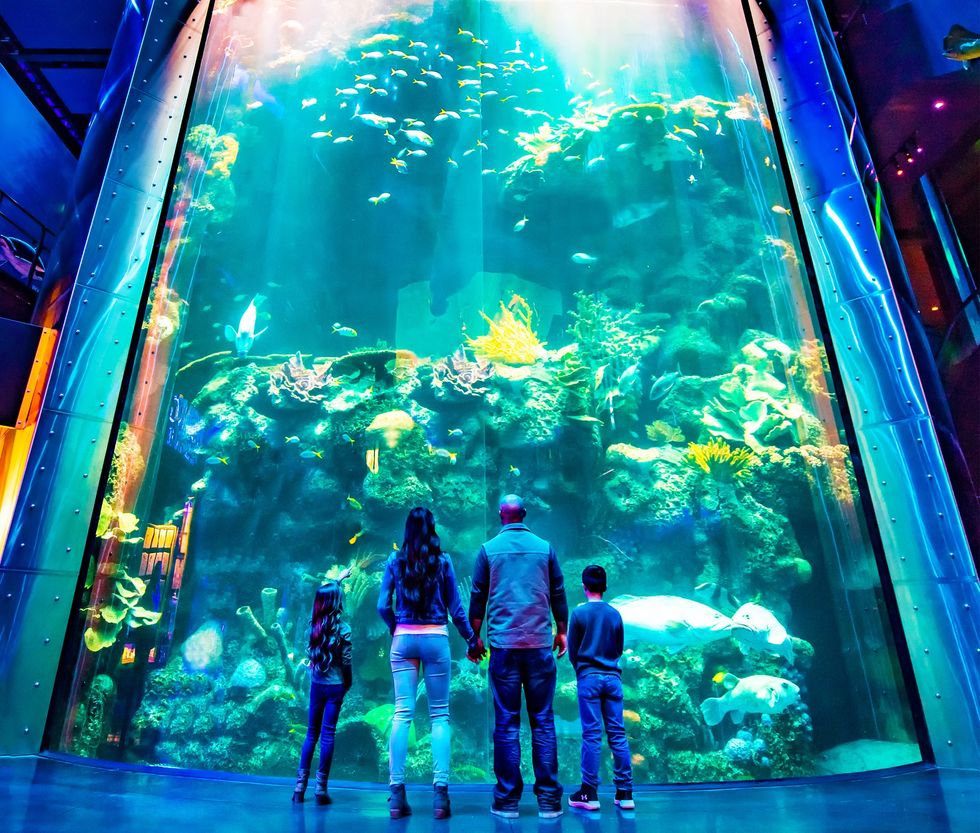 Johnny Morris’ Wonders of Wildlife
Johnny Morris’ Wonders of Wildlife
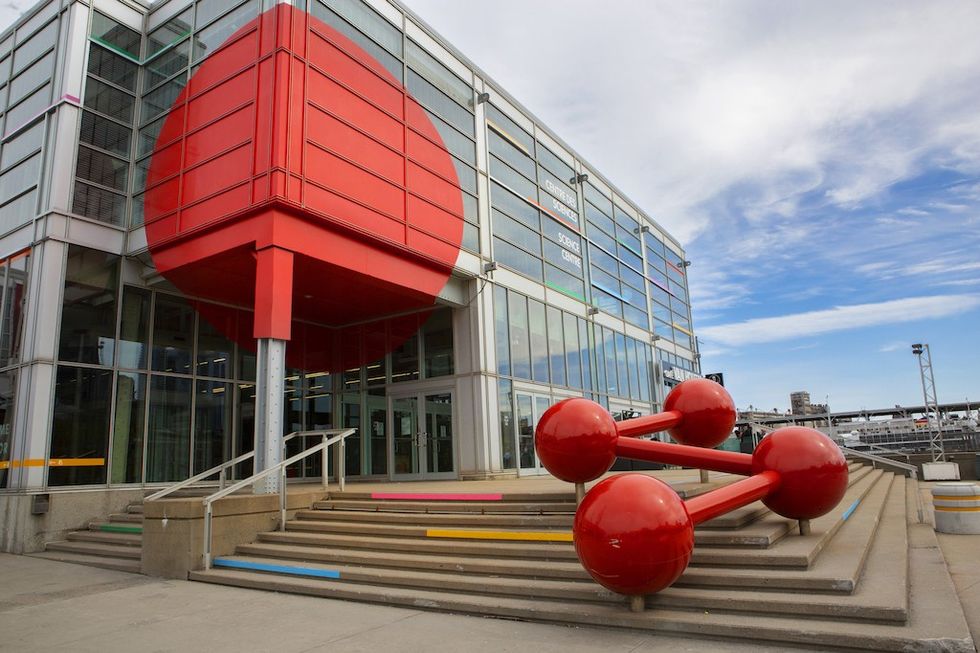 Montréal Science Centre
Montréal Science Centre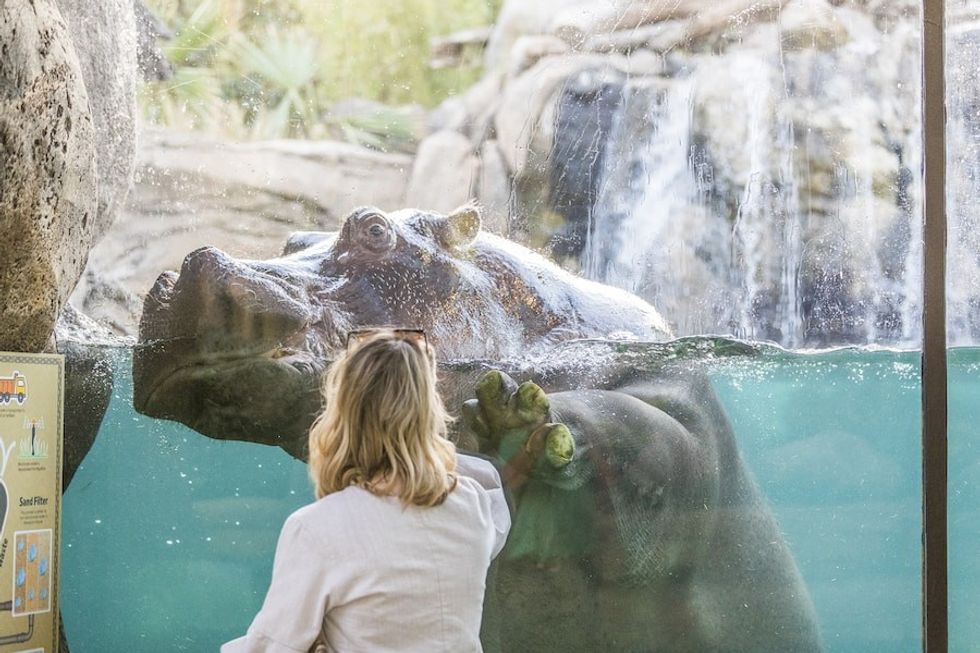 Fort Worth Zoo
Fort Worth Zoo 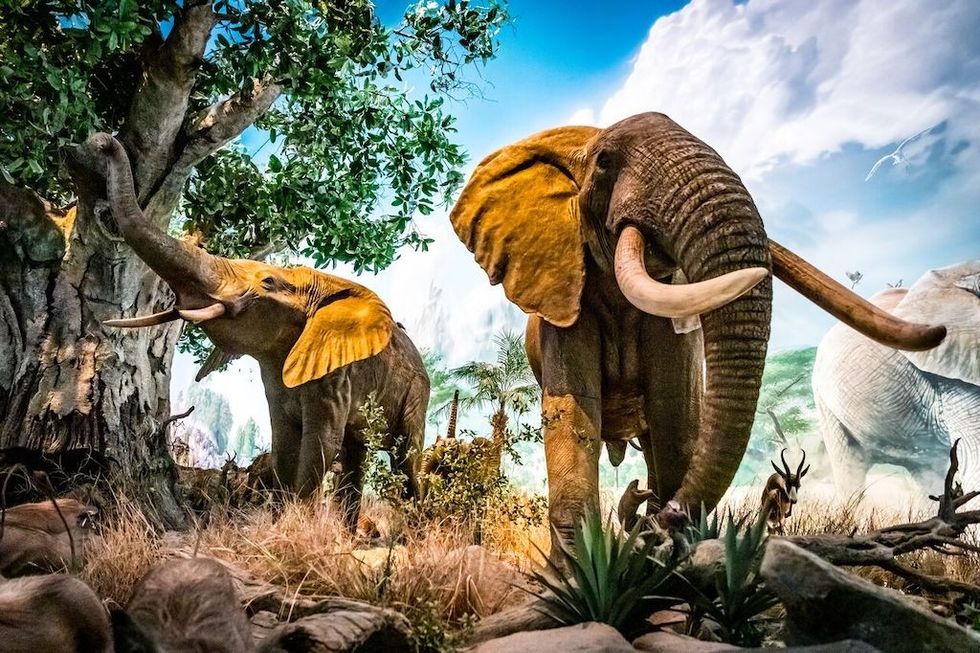 Johnny Morris’ Wonders of Wildlife
Johnny Morris’ Wonders of Wildlife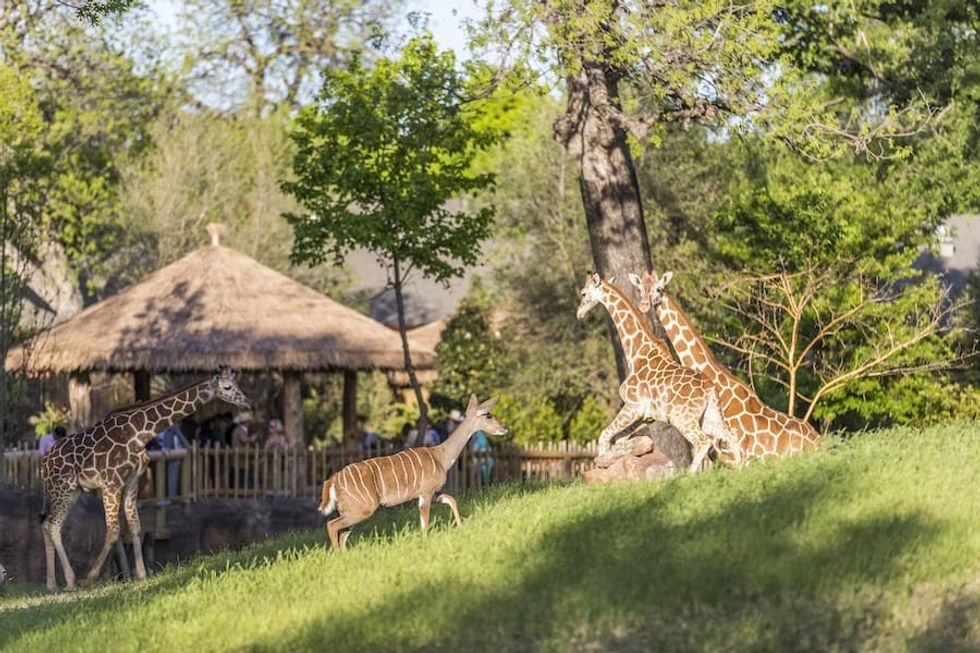 Fort Worth Zoo
Fort Worth Zoo  Old Port of Montréal
Old Port of Montréal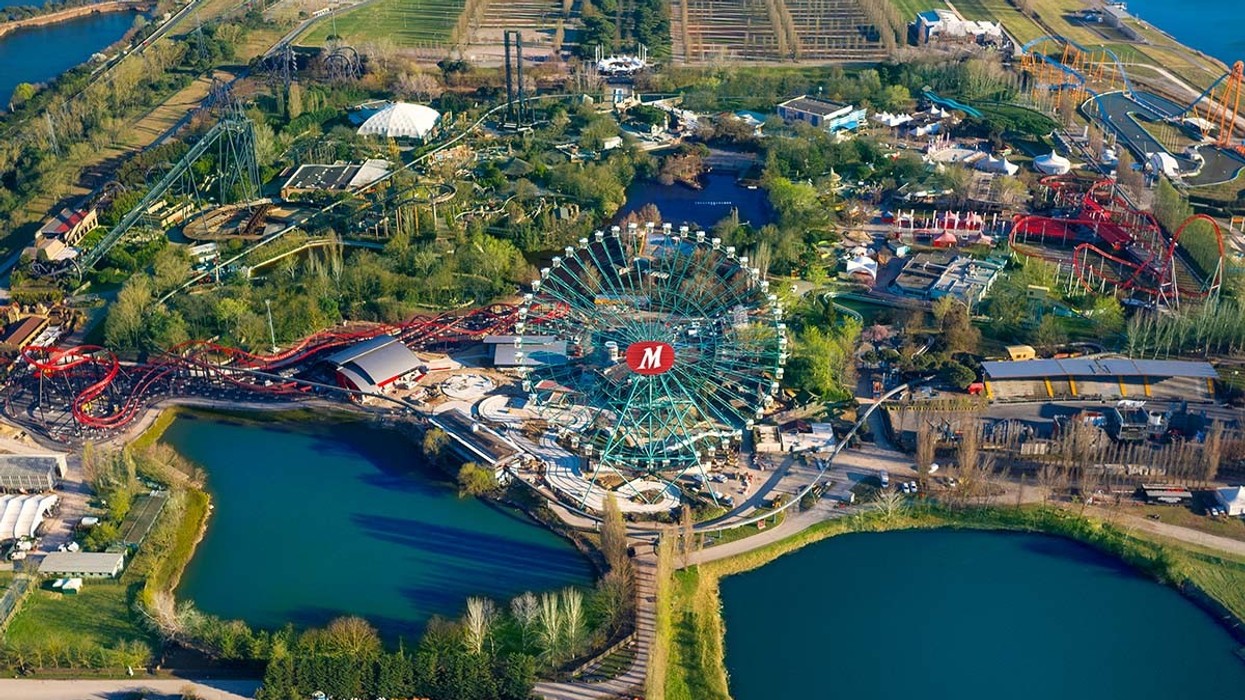
 Zoo Aquarium de Madrid
Zoo Aquarium de Madrid Faunia
Faunia